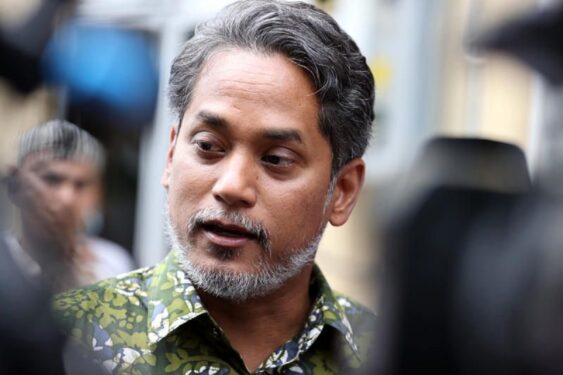WITH the COVID-19 vaccine roll-out in Malaysia marking a light at the end of the tunnel to address the pandemic, the country must now find the recipe for swift economic recovery to rectify its wide-spread economic devastation.
In order for the economy to recover, experts agree that Malaysia must become more competitive in attracting foreign direct investments (FDI) into the country.
However, according to the United Nations Conference on Trade and Development’s (UNCTAD), Malaysia’s FDI last year was down 68% from 2019 and amounted to just US$2.5 bil (RM10.1 bil).
As a comparison, neighbouring countries like Vietnam saw a 10% decrease to US$14 bil (RM56 bil), Singapore (-37% to US$58 bil/RM234 bil), and Indonesia (-24% to US$18 bil/RM72 bil).
“There are various factors that affect FDI inflow into the region and our country,” Universiti Malaya’s Faculty of Economics and Administration senior lecturer Dr Goh Lim Thye told FocusM.
“Inevitably, the Minister of International Trade and Industry (MITI), Malaysian Investment Development Authority (MIDA), and Malaysia External Trade Development Corporation (MATRADE) have to identify reasons behind the fall in FDIs into Malaysia when some of its neighbours are seeing higher FDI inflows.”
When asked if high rates of trade-related crime like smuggling of meat products, cigarettes and cooking oil could have played a role in turning away foreign investors, Goh contended that many factors could discourage the inflow of FDIs with high crime rate being one of them.

“Although the crime rate ratio per 100,000 population for Malaysia in 2019 has improved to 256.6 compared to 273.8 in 2018, the crime rate ratio per 100,000 of Indonesia was only 113 in 2018,” he pointed out.
“However, a higher crime rate is not the only determinant of FDI inflows. Equally important are human capital quality, market size, trade openness, infrastructure, political maturity and stability, racial harmony, institutional quality such as the rule of law, corruption prevention, and government effectiveness.”
In order to attract investors to choose Malaysia as the host country, Goh believes that clear investment guidelines and higher institutional quality could facilitate FDI inflows.
He also expects FDI inflows to the ASEAN region to drop further given the current weak demand and the tremendous uncertainty in the global economy.
Economic and investment analyst Pankaj Kumar opined that economic crime is one of the reasons why investors are shying away from Malaysia.
“For example, Malaysia today has the highest incidence of illegal cigarettes in the world. This may cause potential investors to perceive the country as having high levels of corruption and breakdown in the rule of law,” he commented.
“The persistently high levels of illegal cigarettes trade has already caused legitimate companies like Phillip Morris International, British American Tobacco Malaysia Bhd and Japan Tobacco International to close their plants in 2012, 2016 and 2017 respectively.
“Almost a thousand employees were laid off in total and a vibrant eco-system of supporting businesses and services worth multi-billions of ringgit grounded to a halt.”
Pankaj added that Malaysia urgently needs public policy reforms that cuts red tape and attract quality FDIs.
“Policies related to restricting foreign equity ownership in specific sectors and barriers to allowing foreign companies to bring in their own highly skilled workforce should be reviewed,” he added. – Feb 25, 2021










